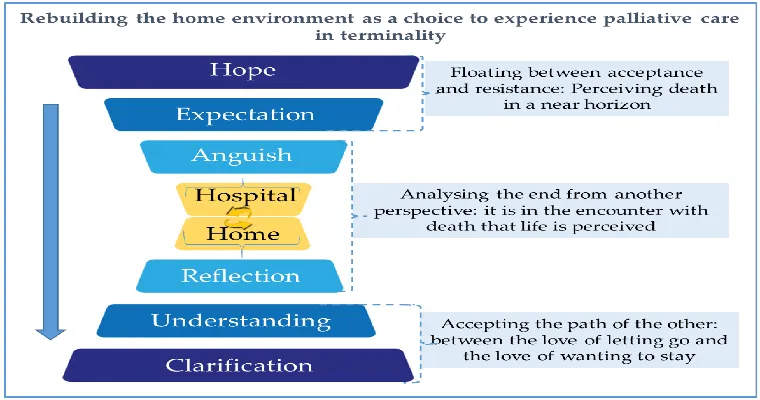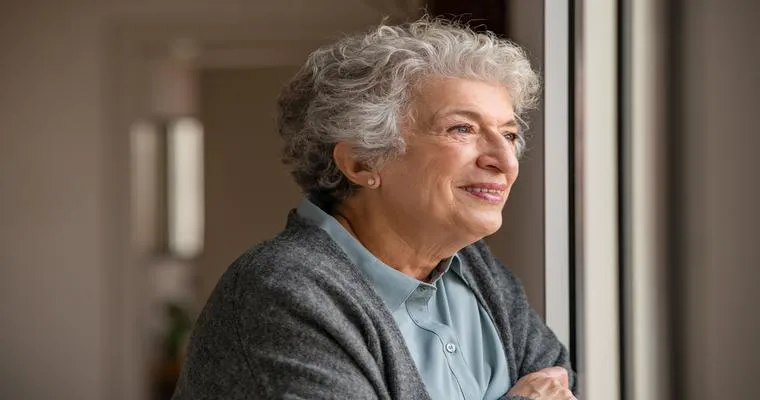Caring for a loved one with "Frontotemporal Dementia (FTD)" can be a challenging journey, filled with emotional ups and downs. As a spouse, you may find that having an "in-home caregiver" is more beneficial for you than for your husband, who may feel resentment towards the situation. This dynamic is common among caregivers and their loved ones, particularly when dealing with a progressive and often misunderstood condition like FTD.
Frontotemporal dementia affects the frontal and temporal lobes of the brain, leading to drastic changes in personality, behavior, and emotional regulation. As a caregiver, you may notice that your husband's frustration stems from his awareness of his declining abilities and the perceived loss of independence. This can lead to feelings of anger or resentment towards caregivers, who he may view as intruders in his life.
While your husband's feelings are valid, it is essential to recognize the importance of an in-home caregiver for both of your well-being. An in-home caregiver can provide much-needed support, allowing you to take a break and recharge. Caring for someone with FTD is not just a physical challenge; it can be mentally and emotionally draining. By having someone else assist with daily tasks, you create a more balanced environment where you can focus on your own health and well-being.
In-home caregivers are trained to handle the unique challenges associated with FTD, including managing behavioral changes, aiding with communication, and providing companionship. They can also assist with daily routines, medication management, and meal preparation, which can alleviate some of the stress you may feel as a primary caregiver. This support helps create a more harmonious living situation, even if your husband may initially resist the idea.
To help your husband understand the benefits of having an in-home caregiver, open communication is key. Encourage discussions about his feelings and reassure him that having help does not diminish his independence. Instead, it can enhance his quality of life by ensuring he receives the care he needs without overwhelming you.
In conclusion, while it may seem that having an in-home caregiver is more for your benefit, it ultimately serves both you and your husband. With the right support, you can both navigate the challenges of "Frontotemporal Dementia" together, improving the quality of life for both of you. Emphasizing open communication and understanding can help bridge the gap between his feelings and the reality of the situation, making the transition to in-home care smoother for everyone involved.





